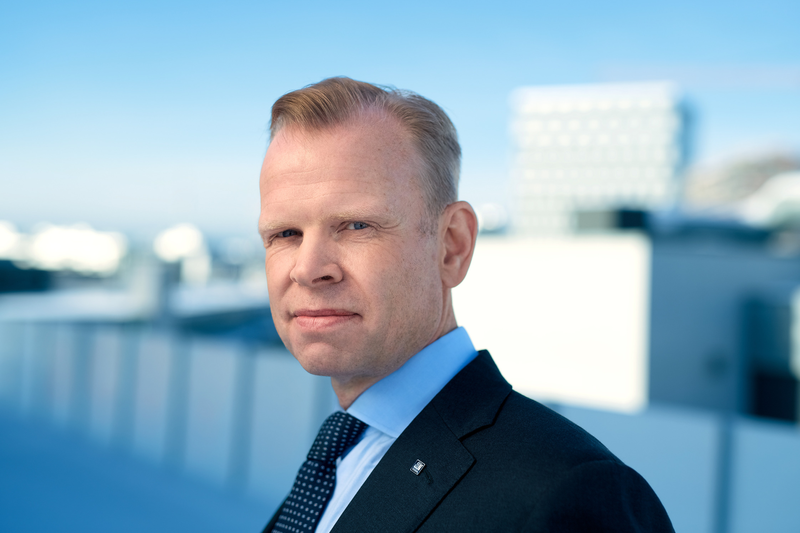Yara, one of the world’s largest fertiliser manufacturers, has today (Friday, October 20) reported that its third quarter (Q3) financial performance has been impacted by “strong price declines”.
The Norwegian company said that earnings before interest, tax, depreciation and amortisation (EBITA), excluding special items, was $396 million, down 62% compared with just over $1 billion in Q3 2022.
Revenue was down from $6.2 billion in Q3 2022 to €3.8 billion this year.
There was a significant drop in net income from $420 million in Q3 2022 to $2 million in the same period this year.
Yara
According to Yara, nitrogen markets experienced significant volatility in Q3. Lower gas prices and higher deliveries (+7%) were more than offset by a sharp drop in prices.
“The quarter began with swift nitrogen price responses to positive market news, with both improved demand and tighter supply.
“Demand softened in the mid-quarter as urea prices declined and European customers were reluctant to take further positions early in the new season,” the company said.
Yara said that although fertiliser affordability reduced during the quarter, it is still above historical averages, and optimal application rates are up compared to the 2022/23 season.
Production
During Q3, the company curtailed European ammonia capacity production by 6% to 80,000t, while finished fertiliser production was curtailed by 3% to 130,000t.
Yara warned that there is a risk of new nitrogen curtailments if slow European demand continues.
Based on current forecasts for natural gas, the company estimates that it s gas cost for Q4 will be $520 million lower than a year earlier.
“Although the season for the European nitrogen industry is off to a slower start than in previous years, fundamentals for the full season are supportive.
“Agricultural conditions are favourable, and industry consultants forecast increased cereal production in 2023/24, despite drought in several regions earlier this year,” Yara said.

Svein Tore Holsether, president and chief executive at Yara said that the nitrogen industry continues to operate in a lower margin environment.
“Although agricultural fundamentals are supportive, nitrogen markets remain sensitive to geopolitical and commodity market volatility.
“War, geopolitical instability, and the climate crisis are having major impacts on food security.
“It is therefore even more important to safeguard Europe’s strategic autonomy in within food and fertiliser, and to accelerate the green transition of European agriculture and industry,” he said.
